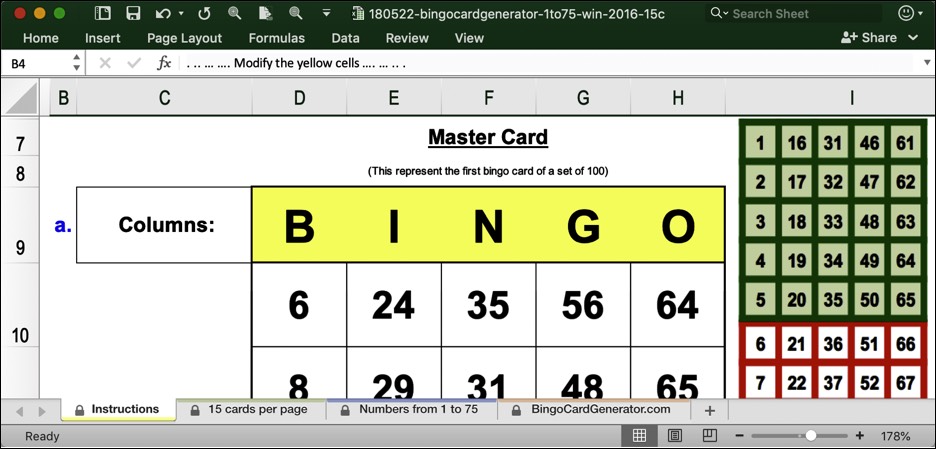

The word ‘Bingo’ is an interesting example.Īn American dictionary from 1861 suggests the word, ‘bingo’ was slang for liquor such as brandy. However, there are often conflicting explanations of how words came into our language.

Bingo or Brandy?Įtymology is the study of the history and origins of words.
BINGO CALLER NAME SERIES
Many women now obsess about toning this part of their bodies and personal trainers offer a whole series of exercises specifically targeting bingo wings.

This flabby flesh is what people refer to as ‘bingo wings’. Most often the winner will be waving their card and the flesh under the arm may wobble. When someone raises their arm to call ‘Bingo’, the underside of the upper arm may be exposed. The rather derogatory expression, ‘bingo wings’, has become commonplace in the last 30 years. Moreover, there are health benefits to playing Bingo beyond the social and monetary rewards. Studies suggest Bingo players find that going to a local Bingo hall helps them to feel less bored and socially isolated than staying at home. Many people choose to play Bingo for the possibility of winning money, but a lot will play simply for the social aspect.
The Australian Gambling Research Center has reported that Bingo is even more popular than poker across the continent. Chinese Bingo cards use Mandarin or Pinyin characters instead of numbers. In Russia, people play Bingo through interactive television from the comfort of their own homes. Indeed, there are over 300 bingo halls across Italy and the 90-ball version is the most popular format. With Italian heritage, it is not surprising that Rome is another center for large Bingo games. Bingo was sometimes called ‘Housey Housey’ since the covering of all numbers on a card would be called a ‘Full House’. In many towns and cities, there are sprawling entertainment venues, known as ‘Bingo Halls’, dedicated to the game. The UK has had a love affair with Bingo since the 1950s. Worldwide Bingoīeyond Europe, today, Bingo is played right across the world. Then, it rapidly spread across Europe and the rest of the world. When the game migrated to France, it was called ‘Le Lotto’. The game we now call ‘Bingo’ originated in Italy in the 16th century and was known as ‘Lo Guico del Lotto D’Italia’. It’s a worldwide phenomenon and today, in North America alone, players spend well over $90 million on Bingo each week. To win a game of Bingo a player must match numbers on a card with numbers randomly called by the caller.







 0 kommentar(er)
0 kommentar(er)
